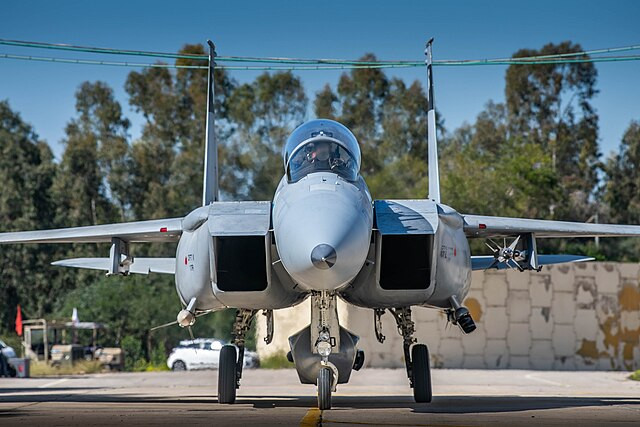Israel's ongoing military campaign has drawn sharp criticism after an airstrike in southern Lebanon killed three journalists on Friday. The journalists, identified as two camera operators and one engineer, were working for media organizations linked to Hezbollah and Iran, according to Lebanon's Health Ministry. Lebanon's Prime Minister Najib Mikati called the attack deliberate, describing it as "war crimes committed by the Israeli enemy."
The Israel Defense Forces (IDF) did not immediately respond to accusations of targeting journalists, stating that they were investigating the strike. The journalists were staying in a compound five miles from the Lebanese border, where they had been covering the escalating conflict between Hezbollah and Israel. The site, which also housed vehicles clearly marked with "PRESS," was hit in a pre-dawn strike, raising concerns about press safety in conflict zones.
The strike on the journalists comes amid intensifying clashes between Israeli forces and Hezbollah, a group the U.S. and Israel have long designated as a terrorist organization. Israel has launched ground operations in both southern Lebanon and the Gaza Strip, with mounting casualties on both sides. The IDF reported that 22 Israeli soldiers have been killed since launching its southern Lebanon operations in early October, while Hezbollah has inflicted casualties through tunnel attacks and grenade launches.
In Gaza, Israel's offensive against Hamas has also escalated. Health officials in the region reported that Israeli airstrikes on Khan Younis in southern Gaza killed 38 people, including 14 children. The strikes targeted residential areas without prior warning, according to Palestinian officials. The al-Farra and Abdeen families suffered particularly heavy losses, with multiple members from each family killed in the bombardment.
Meanwhile, Israeli forces have stormed the Kamal Adwan Hospital in northern Gaza, one of the few medical facilities still operational in the area. The IDF said the raid was based on intelligence about militant activity in the hospital. Health workers inside the hospital said the facility was overrun by troops soon after a delegation from the World Health Organization left. The Israeli military claims it evacuated around 45,000 civilians from the area before the raid, while three Israeli soldiers were reportedly killed during operations in northern Gaza.
The humanitarian toll of the conflict has drawn the attention of international diplomats. U.S. Secretary of State Antony Blinken has been working toward brokering a ceasefire in the region. After a year of frequent diplomatic visits to the Middle East, Blinken is now focusing on halting the conflict in Gaza and southern Lebanon. He is also pressing for the release of hostages held by Hamas. In recent meetings with Jordan's foreign minister, Blinken reiterated the need for Israel to reduce civilian casualties and work towards a resolution in line with United Nations agreements.
Lebanon's caretaker Prime Minister Najib Mikati also joined talks with U.S. officials, urging for an end to Israel's strikes in his country. As tensions mount, Israel confirmed that its intelligence chief, David Barnea, will visit Qatar this weekend for further negotiations with regional officials. CIA Director Bill Burns is also expected to attend the talks, with a focus on securing a ceasefire agreement between Israel, Hamas, and Hezbollah.
Despite ongoing diplomatic efforts, violence shows no signs of abating. The IDF announced the deaths of three more soldiers in Gaza, bringing the total Israeli military casualties since the start of ground operations in the enclave to 359. At the same time, Gaza's Health Ministry reports that more than 42,000 Palestinians have been killed since the start of the conflict, with women and children comprising more than half the fatalities.




